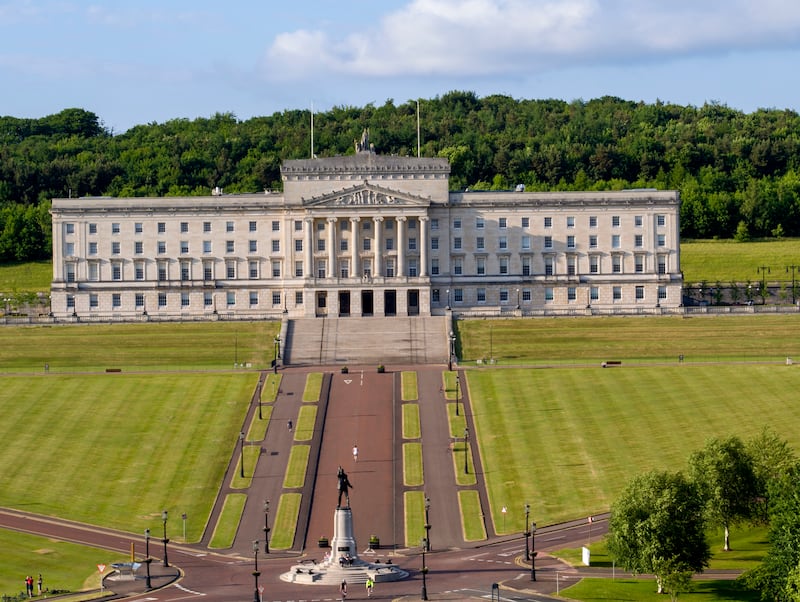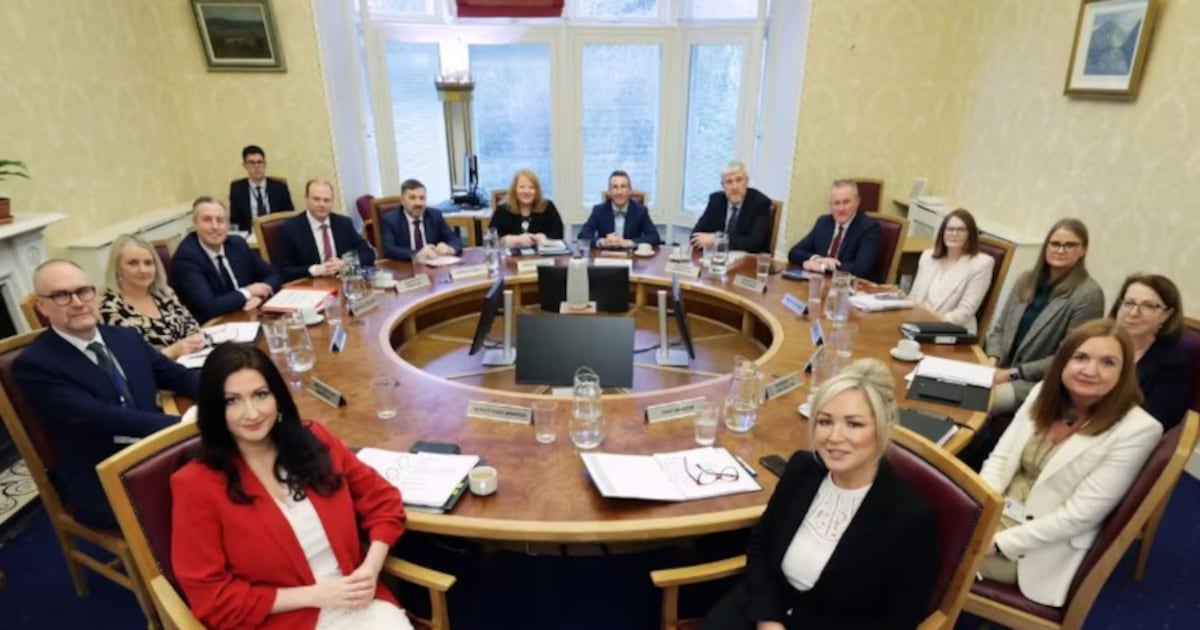There is a current absence of any direct financial incentive for Northern Ireland to pursue economic growth.
Whilst the Economy Minister is deploying available policy tools to drive employment and other favourable economic outcomes, the reality is that any resultant boost does not accrue to the Executive – rather it is returned to Treasury via higher tax revenue and reduced welfare costs.
This absence of financial incentive is problematic in and of itself, but also impacts on the wider policymaking landscape in NI.
Much of the current policy focus is on addressing a whole host of local challenges – NHS waiting lists, poverty, educational needs, housing, wastewater infrastructure, planning, energy infrastructure and the condition of Lough Neagh.
The Executive is stuck in a reactive mode, seeking to mitigate the worst impacts of challenges and the public finance outlook is increasingly bleak.
Worse still, it is struggling to take action in key areas, due to the competing demands of immediate challenges. We are firefighting and some associated actions run contrary to long-term strategic planning.
Yet, the only way we will navigate our way onto a more prosperous trajectory is via sustainable, inclusive economic growth and investing in the transformation of public services.
The Investment Strategy for Northern Ireland (ISNI), which was to be published in the Autumn of 2024 as part of the financial deal for restoration, is still outstanding, reflecting a relative absence of long-term focus.
Spending in key drivers of the economy such as infrastructure, education and skills is being crowded out by short-term pressures and we are incurring mounting costs of policy inaction.
Undoubtedly, navigating an improved outlook is a huge challenge, but there are a number of specific steps that the Executive might consider.
 Over recent years, the Stormont Executive has been in fire-fighting mode (Steve Parsons/PA)
Over recent years, the Stormont Executive has been in fire-fighting mode (Steve Parsons/PA)
A pitch to Treasury, proposing that the Executive will redouble efforts to transform public services – which would require a reorientation of efforts, beyond the current silo of the Transformation Fund – might seek a commitment to matched funding from the UK Government for any resultant savings.
It is, of course, in Treasury’s interest for NI to become more financially sustainable, particularly in light of the constraints facing the UK public purse.
Another idea might be for the Executive to appoint a Transformation Tsar for NI to drive strategic and cohesive, cross-departmental investment in key areas, as well as renewed efficiencies and improved outcomes.
This focus needs to be separated out from the day-to-day statutory duties and activities of individual departments, or it will always be inadequately prioritised.
The forthcoming multi-year budget also provides a welcome opportunity for the Executive to engage in strategic planning for reform of public services and underlying finances.
It is highly likely that Treasury would be willing to listen to any proposals that make Northern Ireland more sustainable, but this will require us to offer solutions and accept responsibility for our financial position.
The notion that we can merely continue to press for more public funding from Westminster is increasingly tone-deaf given the global fiscal and economic context. It is time for us to drive our own way forward.
- Jodie Carson is a professor of strategic policy in practice at Ulster University

